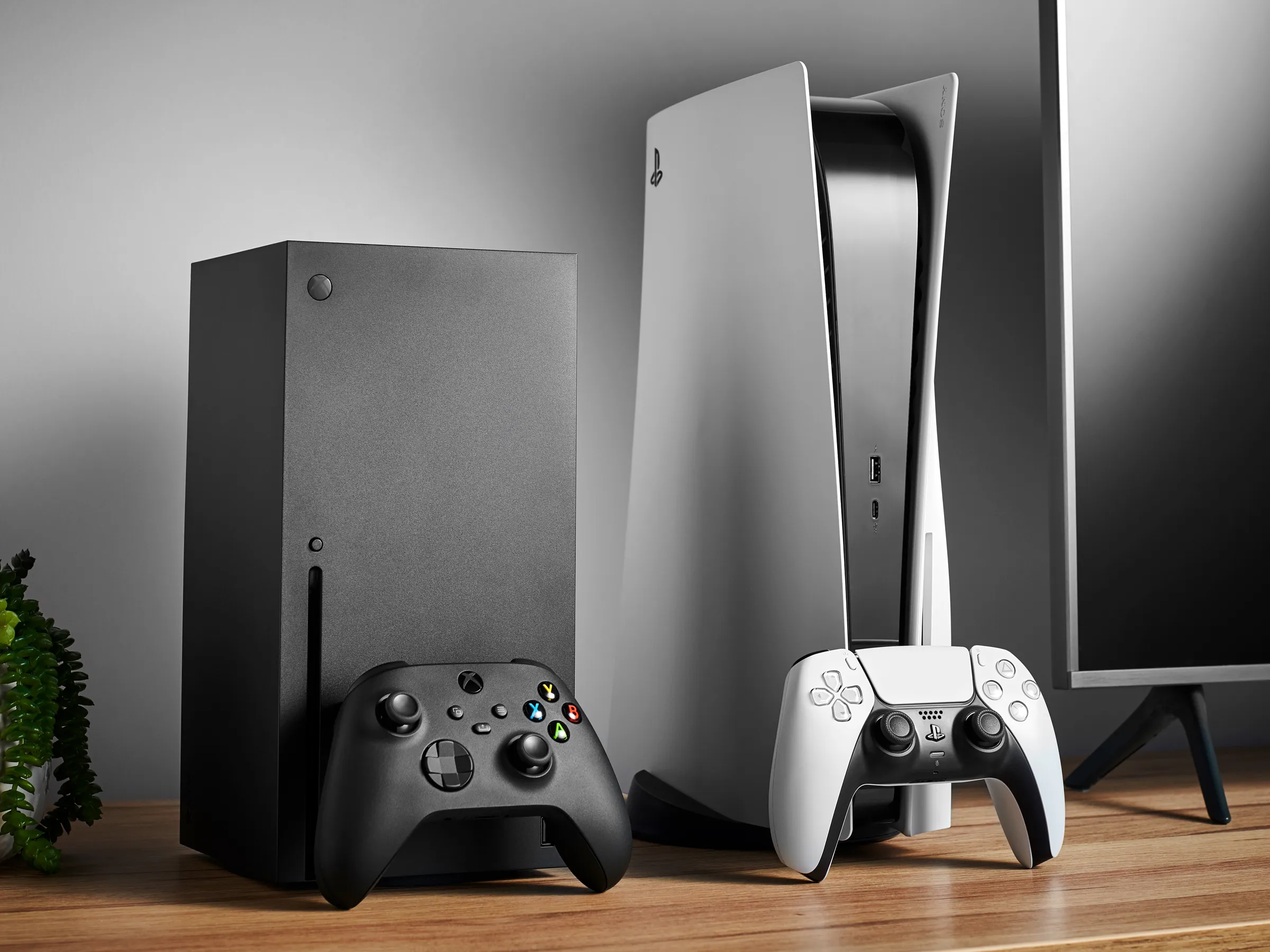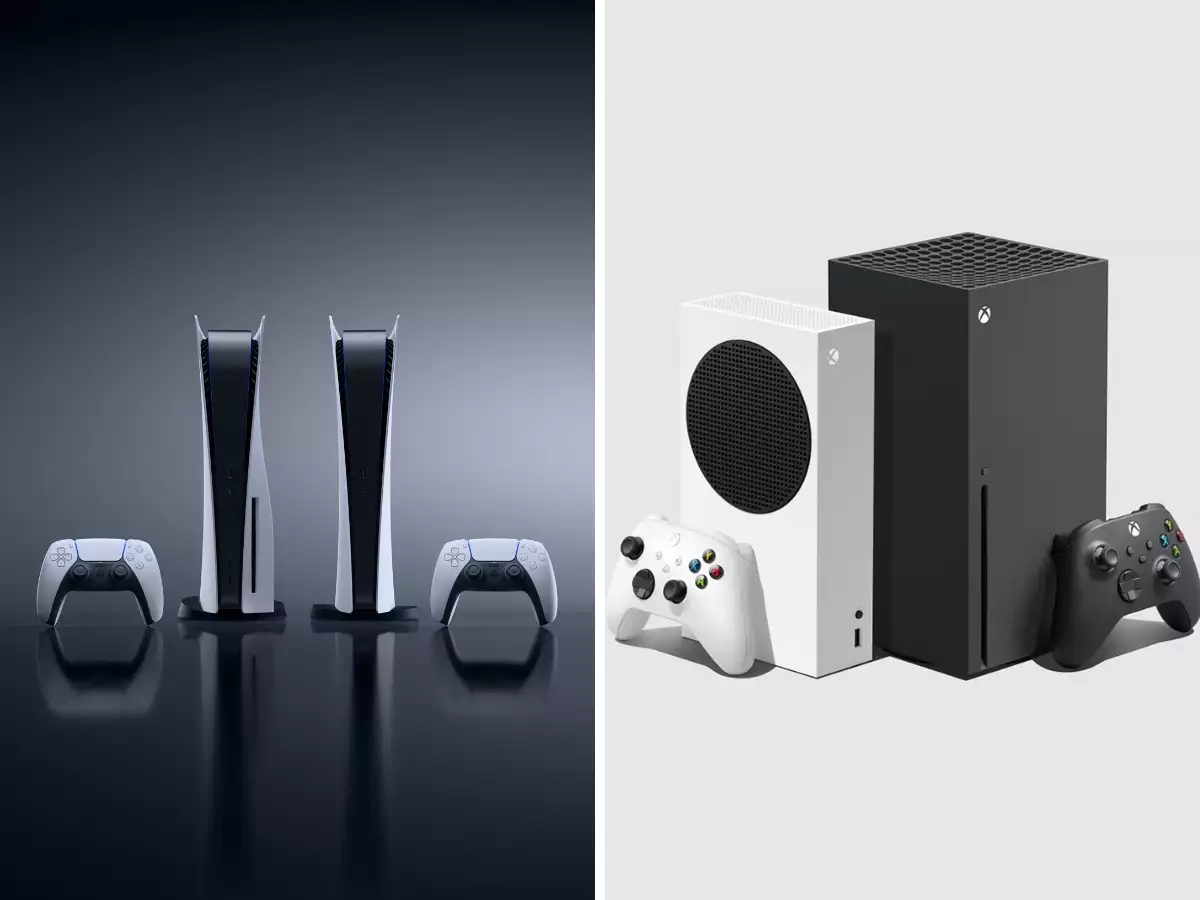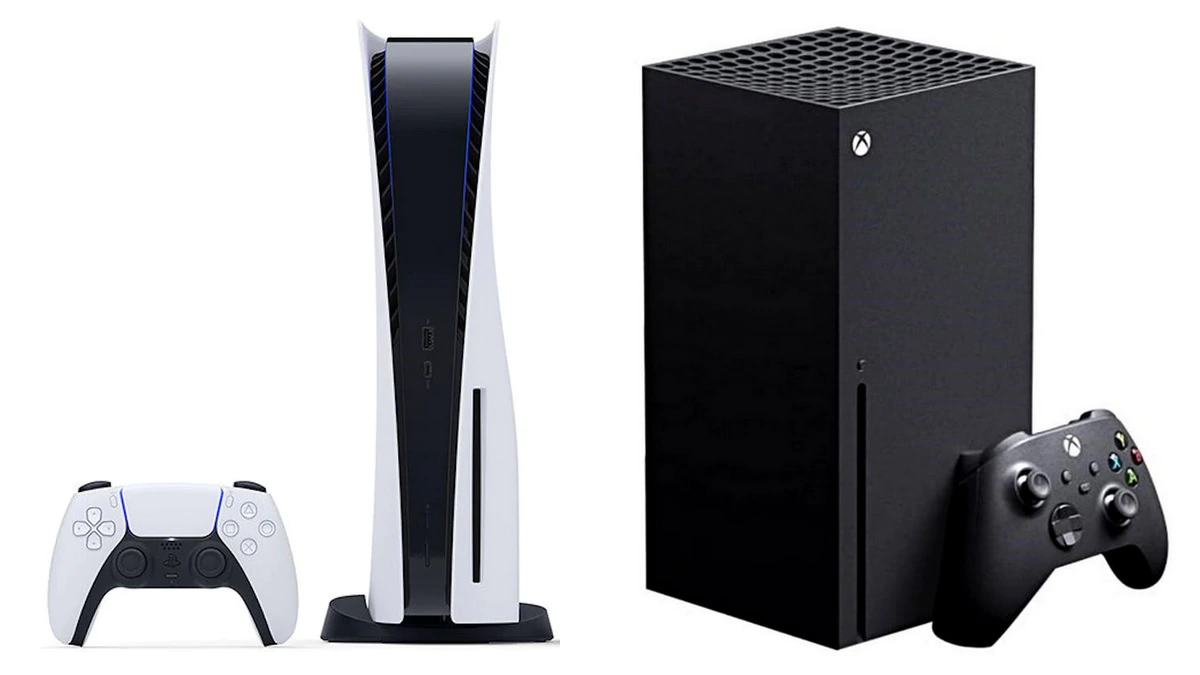The gaming community is abuzz with speculation and concern regarding the future of one of its most cherished Xbox consoles. As we delve deeper into the dynamics of the gaming industry, it becomes evident that the landscape is shifting, perhaps more rapidly than ever before.
This article aims to dissect the ongoing situation, incorporating insights from fans, industry patterns, and the strategic maneuvers by Microsoft that have led to widespread discussions about the potential changes in the gaming ecosystem.

Xbox: A Legacy of Rivalry and Innovation
The console war between the two giants is not just a market competition; it’s a cultural phenomenon that has defined the gaming world for over two decades. Starting from the early days of PlayStation’s dominance with its first console in 1995, and the entry of Microsoft’s Xbox in 2001, this rivalry has been the epicenter of major advancements and innovations in gaming technology.
The subsequent releases of Xbox 360, PlayStation 3, Xbox One, and PlayStation 4, followed by the latest generation consoles, have kept the battle fiercely alive. The essence of this competition has always been about exclusivity—captivating titles like Halo for Xbox and unique offerings from Sony that have persuaded gamers to choose sides.

Console: The Winds of Change
Recent developments have stirred a wave of concern among Xbox enthusiasts. Rumors and online discussions suggest a significant strategic shift from Microsoft, indicating that Xbox might be moving away from exclusivity for its major games. Titles such as Starfield, Gears of War, and even the highly anticipated Indiana Jones and the Great Circle are rumored to become accessible on PlayStation consoles.
This speculation was further fueled by Phil Spencer, CEO of Microsoft Gaming, hinting at a “business update event” that promises to shed light on the future direction of the company. This news has understandably led to a mix of confusion, worry, and speculation among the community, with many fearing the dilution of the brand’s unique identity.
Analyzing the Strategy: Beyond the Fear of Shutdown
The fear that Xbox Console might be shutting down is, upon closer examination, likely misplaced. The strategic pivot seems to be more about embracing a broader market approach rather than retracting from the gaming world.
The potential for Microsft exclusives to be shared with PlayStation is a bold move that could redefine what it means to be an Xbox fan. However, it’s essential to understand the economic rationale behind such a decision.
With Sony’s PS5 significantly outperforming Xbox Series X/S in sales, Microsoft is possibly looking to tap into a wider audience to bolster its position and profitability in the gaming market.
Well I released a new Video Asking New Yorkers
Xbox or PlayStation 😅pic.twitter.com/Gc5AFib2CD
— Karim Jovian (@KJovian) February 13, 2024
The Potential Impact on the Gaming Ecosystem
This rumored strategy raises questions about the future identity of Xbox and its appeal among its loyal user base. The allure of exclusivity has long been a compelling reason to invest in a particular console. By sharing its crown jewels with PlayStation, Microsoft might be risking the very uniqueness that has defined it.
However, this move could also be seen as a strategic adaptation to the evolving gaming industry, where cross-platform play and accessibility are becoming increasingly important.

An Evolving Gaming Landscape
As we await further announcements from Microsoft, the gaming community remains on edge. The potential shift in Microsoft’s strategy could signal a new era in the console wars, one where collaboration and cross-platform accessibility take precedence over exclusivity.
Such changes could lead to a more inclusive gaming environment, breaking down the barriers that have traditionally divided gamers. While concerns about the Xbox’s future are understandable, they also reflect the deep passion and loyalty of its fanbase.
As the gaming industry continues to evolve, so too must the strategies of its key players. Microsoft’s next moves could very well redefine its legacy and its role in shaping the future of gaming.










